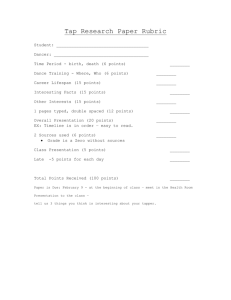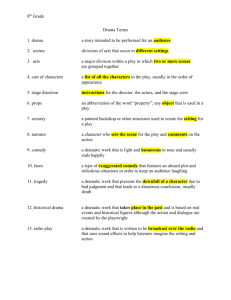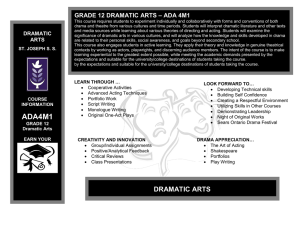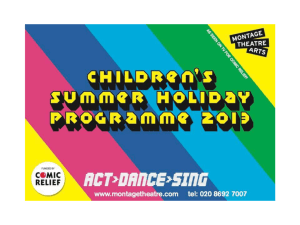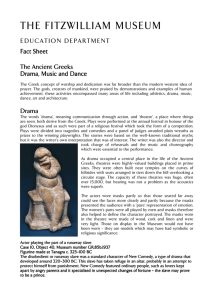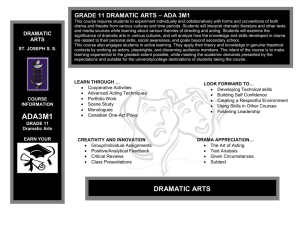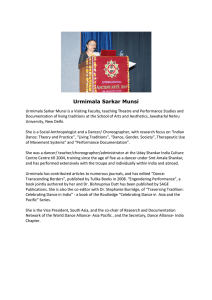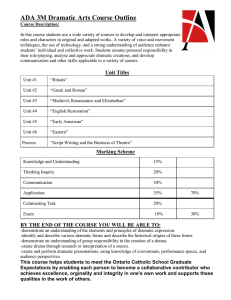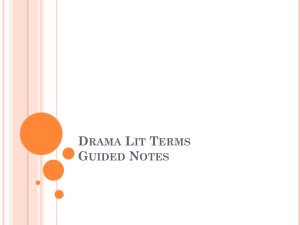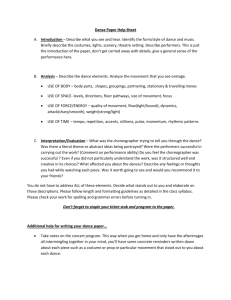Jobe-Assessment in Arts Education
advertisement
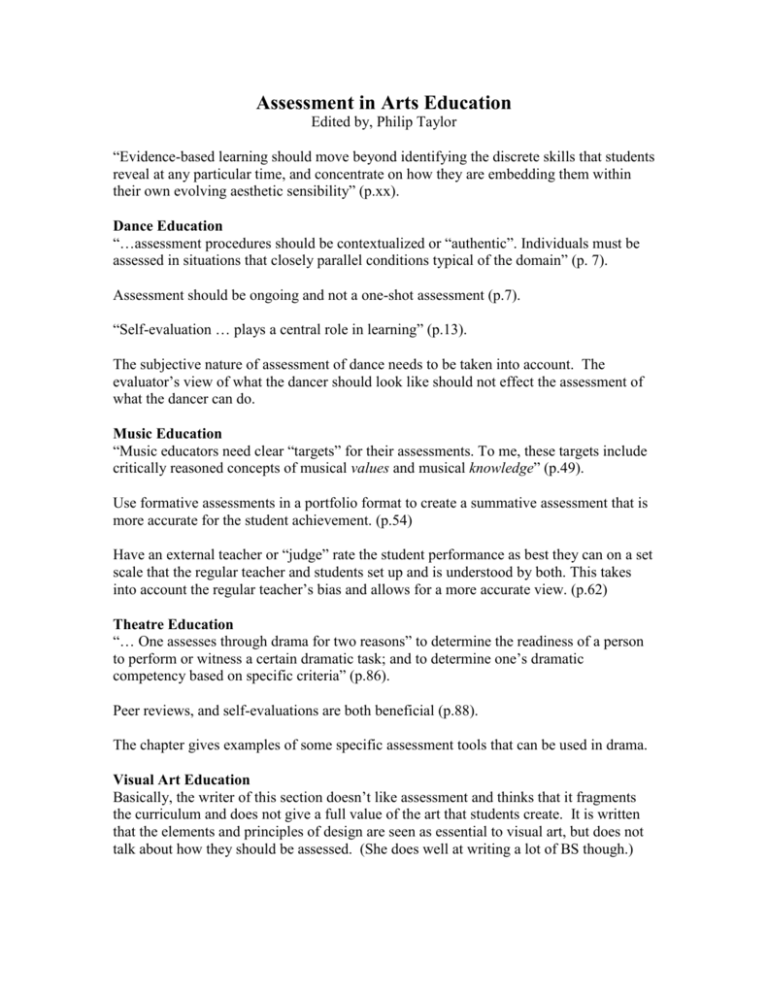
Assessment in Arts Education Edited by, Philip Taylor “Evidence-based learning should move beyond identifying the discrete skills that students reveal at any particular time, and concentrate on how they are embedding them within their own evolving aesthetic sensibility” (p.xx). Dance Education “…assessment procedures should be contextualized or “authentic”. Individuals must be assessed in situations that closely parallel conditions typical of the domain” (p. 7). Assessment should be ongoing and not a one-shot assessment (p.7). “Self-evaluation … plays a central role in learning” (p.13). The subjective nature of assessment of dance needs to be taken into account. The evaluator’s view of what the dancer should look like should not effect the assessment of what the dancer can do. Music Education “Music educators need clear “targets” for their assessments. To me, these targets include critically reasoned concepts of musical values and musical knowledge” (p.49). Use formative assessments in a portfolio format to create a summative assessment that is more accurate for the student achievement. (p.54) Have an external teacher or “judge” rate the student performance as best they can on a set scale that the regular teacher and students set up and is understood by both. This takes into account the regular teacher’s bias and allows for a more accurate view. (p.62) Theatre Education “… One assesses through drama for two reasons” to determine the readiness of a person to perform or witness a certain dramatic task; and to determine one’s dramatic competency based on specific criteria” (p.86). Peer reviews, and self-evaluations are both beneficial (p.88). The chapter gives examples of some specific assessment tools that can be used in drama. Visual Art Education Basically, the writer of this section doesn’t like assessment and thinks that it fragments the curriculum and does not give a full value of the art that students create. It is written that the elements and principles of design are seen as essential to visual art, but does not talk about how they should be assessed. (She does well at writing a lot of BS though.)

